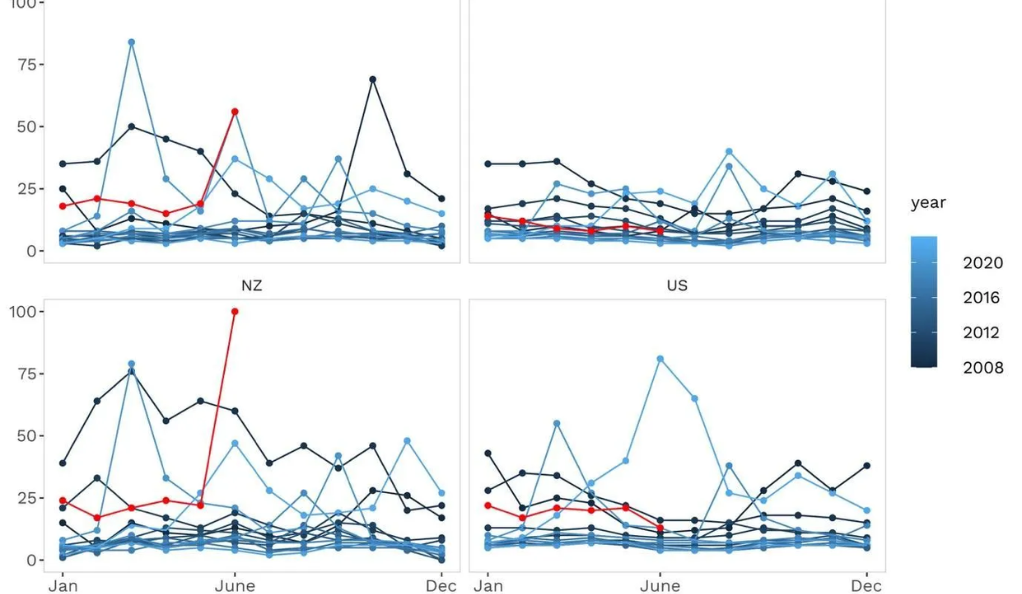Assessing the Australian Market: A Mild Downturn Signals Fragile Conditions
The Australian market has experienced a mild downturn in recent months, raising concerns about the fragile conditions of the economy. This article will provide an overview of the current state of the Australian market, highlighting the factors contributing to the downturn. Furthermore, it will delve into an analysis of the fragile conditions of the economy, discussing various aspects that are impacting its stability.

Overview of the Australian Market: Mild Downturn Raises Concerns
The Australian market, which has been known for its robust performance in the past, is currently facing a mild downturn that has raised concerns among economists and investors alike. The downturn can be attributed to several factors, including weak consumer spending, a decline in housing construction, and global economic uncertainties.
One of the main factors contributing to the mild downturn is weak consumer spending. Australians have become more cautious with their expenditure, leading to a decrease in retail sales and a slowdown in the services sector. This decline in consumer confidence has impacted various industries, ranging from hospitality to retail, and has had a ripple effect on the overall economy.
Another significant factor affecting the Australian market is the decline in housing construction. The housing market, which has been a key driver of economic growth in the past, has experienced a slowdown due to factors such as stricter lending standards, oversupply in certain regions, and a decrease in foreign investment. This decline has not only affected the construction industry but has also had a negative impact on consumer wealth and confidence.
Analyzing Fragile Conditions: Assessment of Australian Economic Landscape
The current state of the Australian market indicates fragile economic conditions that require careful analysis. One of the key aspects impacting the economy is the global economic uncertainties. Australia’s close ties with major economies such as China and the United States make it vulnerable to global economic shocks. The ongoing trade tensions between these two nations, as well as other geopolitical factors, have created an atmosphere of uncertainty, affecting investor confidence and business decisions.
Furthermore, the sluggish wage growth in Australia has contributed to the fragile economic conditions. Despite low unemployment rates, wages have remained stagnant, leading to a decrease in consumer spending power and weak domestic demand. This lack of wage growth has implications for inflation and overall economic growth, further exacerbating the fragility of the economy.
Additionally, the high household debt levels in Australia pose a significant risk to the economy. Household debt has been increasing over the years, mainly driven by high housing prices and easy access to credit. This high level of debt leaves households vulnerable to economic shocks and could potentially lead to a financial crisis if not properly managed.
In conclusion, the Australian market is currently experiencing a mild downturn that signals fragile economic conditions. Weak consumer spending, a decline in housing construction, global economic uncertainties, sluggish wage growth, and high household debt levels are some of the factors contributing to this fragility. It is crucial for policymakers, businesses, and investors to closely monitor these conditions and take appropriate measures to ensure the stability and resilience of the Australian economy.
AllIn1Bitcoins works diligently to offer impartial and trustworthy data on cryptocurrency, finance, trading, and stocks. Nonetheless, we are unable to furnish financial counsel and encourage users to undertake their own inquiries and due diligence.












